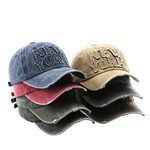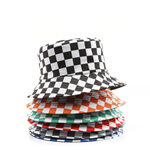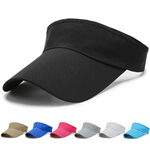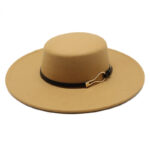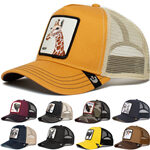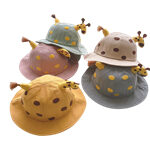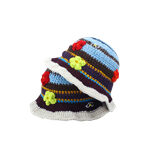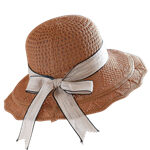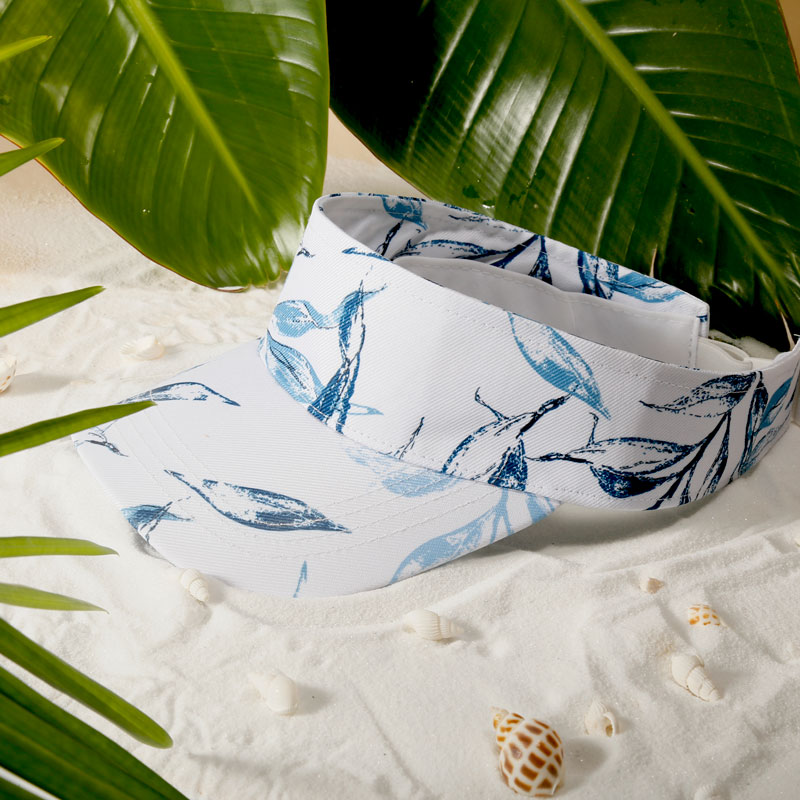Get to know Sustainable Materials
Recycled PET
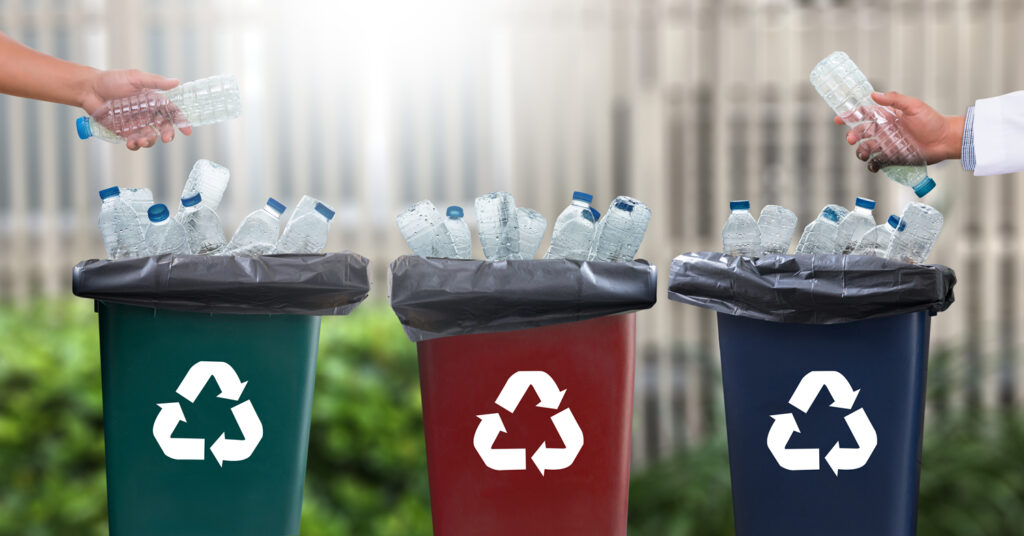
Imagine the water bottles that you have just thrown away; they are called ‘post-consumer’ plastics. All these bottles that end up in our local waste collection companies and local waste management organizations will, in time, become a part of our products.
These companies collect, classify the bottles and later wash, dry, and crush them. Therefore these recycled materials can be transformed into yarns to create fabrics to make bags, footwear, accessories, and clothing.
Using these recycled materials to make IDAYWIN’s high-quality recycled PET polyester weaved fabrics. We support sustainability, and at the same time, our local community. At the same time, we wish to grow and help our local recycling companies to thrive too.
Developing and designing fabrics with our local weavers help to believe that creativity can come from small scale productions. Our passion is to create and have a piece of material developed by us to help the planet.
Our source of supply is China-based, and therefore all materials are traceable and duly certified.
Recycled Nylon
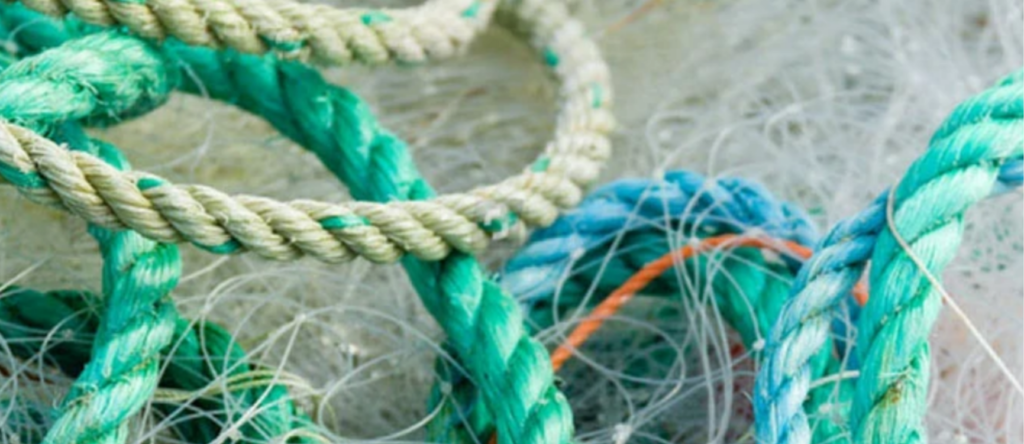
Made from waste, it’s infinitely recyclable. It can unleash infinite possibilities for makers, creators, and consumers, making the world a better place by pioneering closed-loop regeneration processes and delivering sustainable products.
A large part of the recycled Nylon produced comes from old fishing nets. This is a great solution to divert garbage from the ocean. It also comes from nylon carpets, tights, etc.
Our source of supply is China-based, and therefore all materials are traceable and duly certified.
Recycled Cotton

Textile recycling comes from two primary sources:
1. Pre-consumer: includes scraps created by yarn and fabric by-products.
2. Post-consumer: repurposed garments, upholstery, towels, household items.
Our source of supply is China-based, and therefore all materials are traceable and duly certified.
Pineapple Fiber
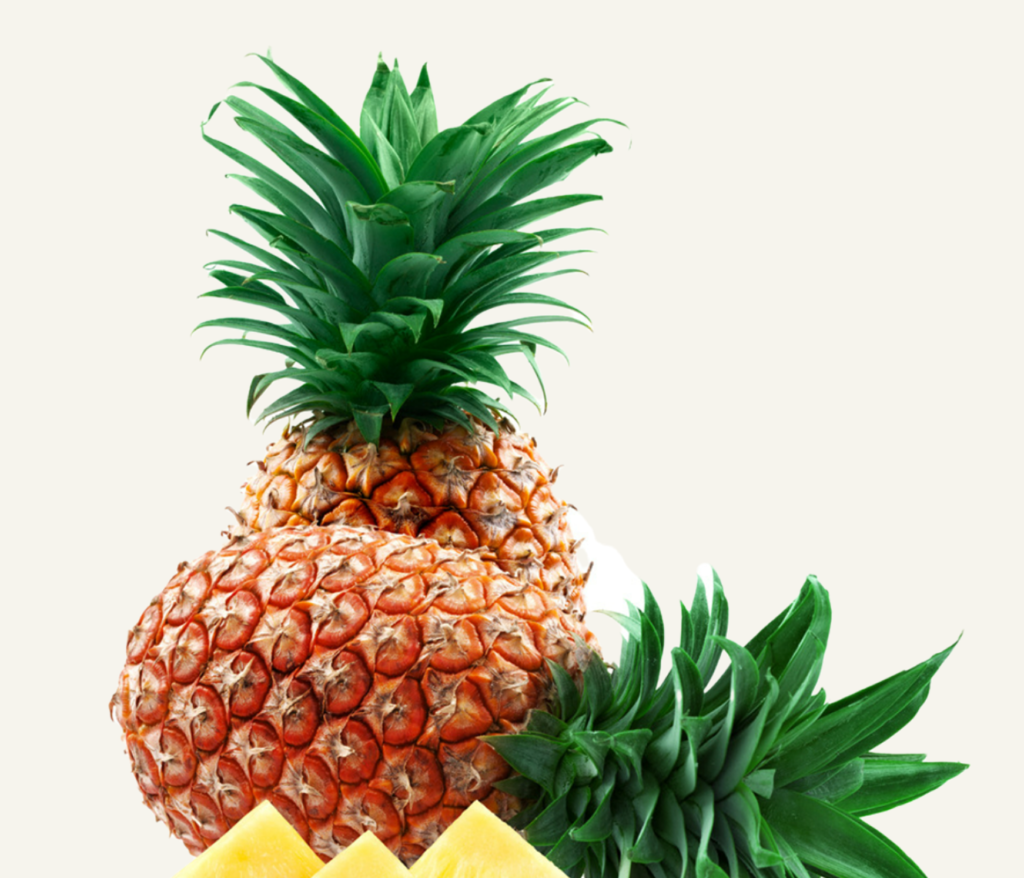
Pineapple fiber is a natural, sustainably-sourced, cruelty-free material. It’s a sustainable alternative to both mass-produced leather and polluting synthetic materials, offering a better choice for a better future.
It comes from the waste leaves of the pineapple plant. The leaves are the byproduct of existing agriculture, and their use creates an additional income stream for farming communities.
Our source of supply is China-based, and therefore all materials are traceable and duly certified.
Banana Fiber
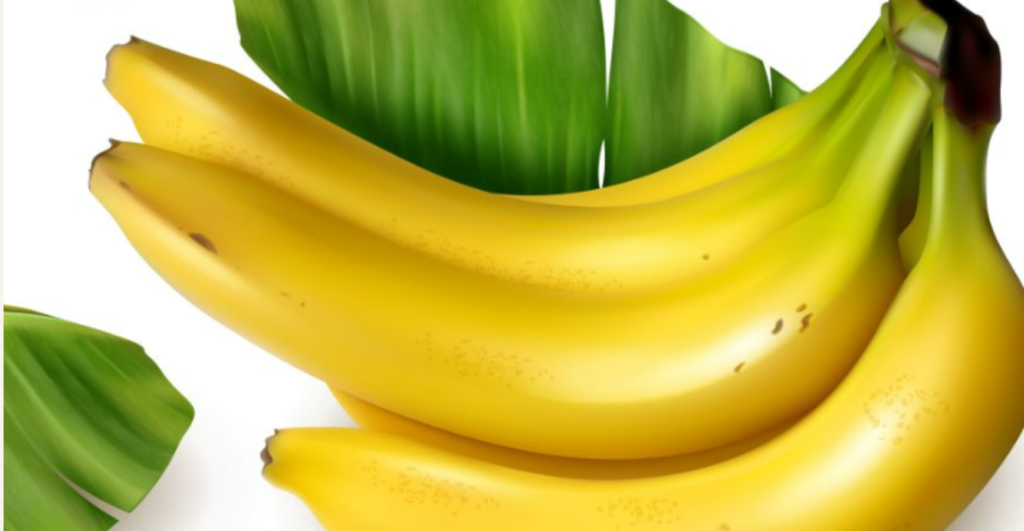
The origin comes from the stem of the banana tree and is incredibly durable. Banana plants are cultivated in Southeast Asia within a natural ecosystem of sustainable forestry. The plant requires no chemical treatments.
Its self-sufficiency has made it an essential contributor to the reforestation of areas once eroded by Palm plantations while enhancing local farmers’ prosperity.
Our source of supply is China-based, and therefore all materials are traceable and duly certified.
Bamboo Fiber
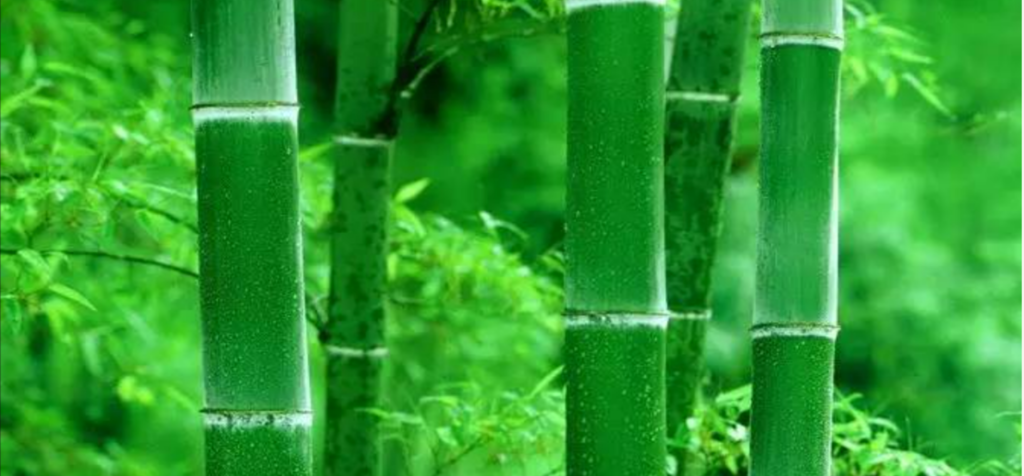
Bamboo fiber fabric is 100% made of its pulp fiber. There are over 1,000 species of bamboo growing throughout the world. You can find wild bamboo growing mostly in China. Globally, bamboo covers approximately 49 million acres of the world’s surface.
Tencel
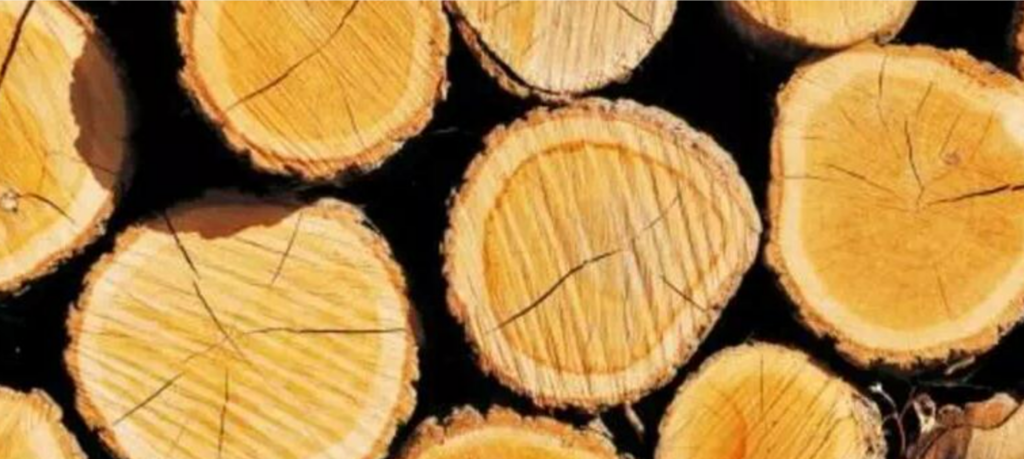
Tencel is a brand name for a set of fibers called lyocell and modal. These “regenerated cellulose” fibers are known for feeling super soft and are widely used sustainably. It uses chemicals that are less-toxic and get recycled in the process, so there’s minimal waste. It also uses wood from trees in sustainably-harvested forests.
The fibers originate from the renewable raw material wood, created by photosynthesis. The certified biobased fibers are manufactured using an environmentally responsible production process. The fibers are certified as compostable and biodegradable, and thus can fully revert to nature.
Our source of supply is China-based, and therefore all materials are traceable and duly certified.

